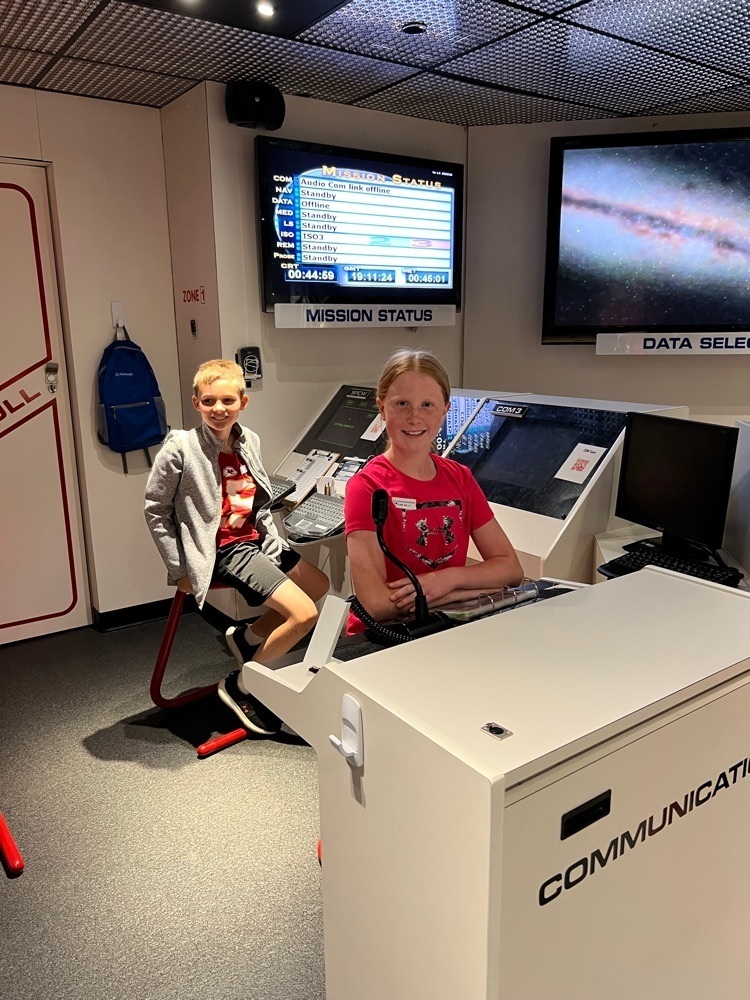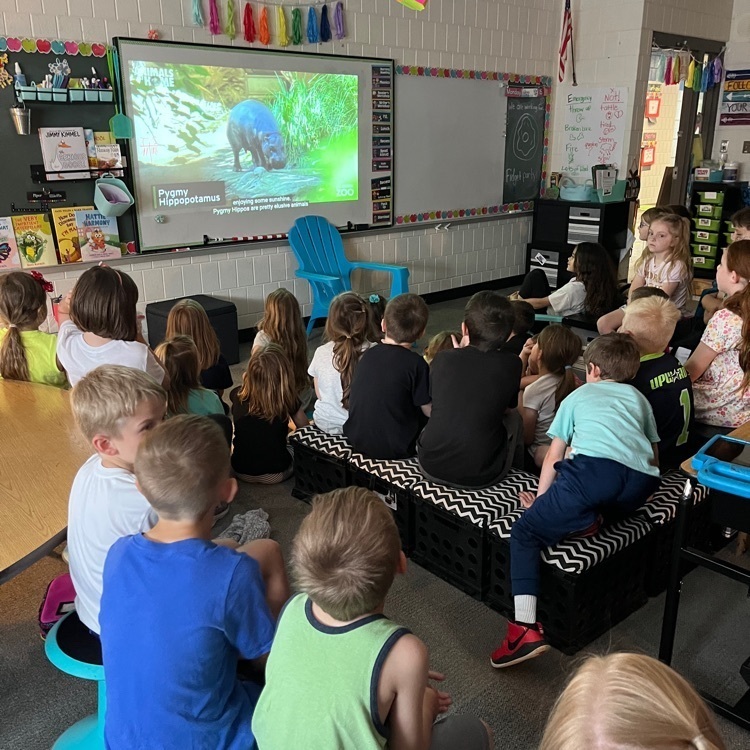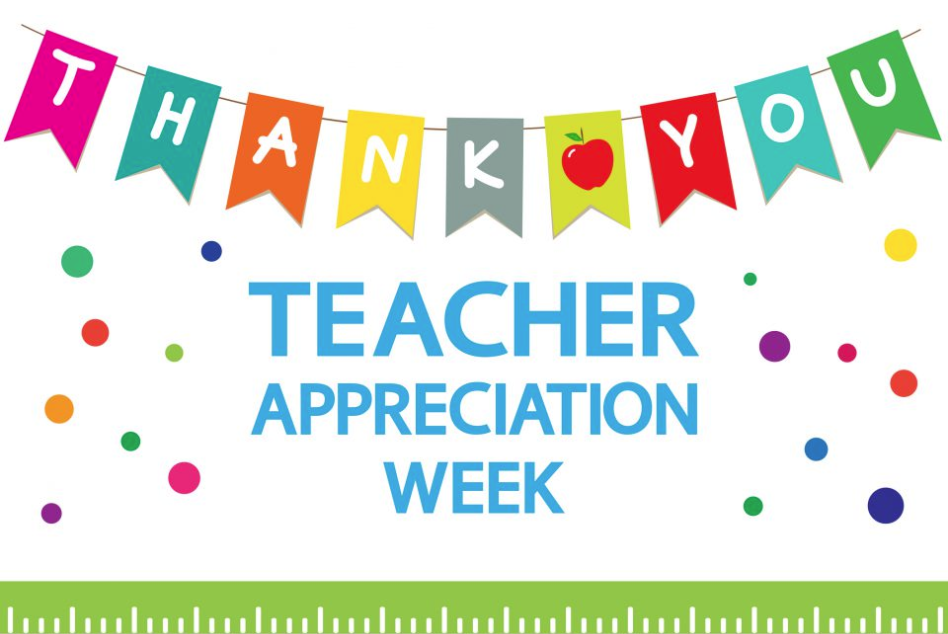5th Grade at Field Day.










Escape Room: First graders worked hard helping their teachers the last couple of days! The teachers lost all the keys needed to lock up the school for summer. The students had to solve a series of clues, puzzles, and ciphers in order to find the keys, collect them in the key catcher, and return them to the office before summer arrived. Thankfully, all of their hard work and collaboration paid off. All of the keys were found, and summer is saved!





Congratulations to Zane for also completing his 5th grade ELA IXL Skills Plan. He completed a variety of ELA skills over a range of grade levels.

Congratulations to Tate for also completing his 5th grade ELA IXL Skills Plan. He completed a variety of ELA skills over a range of grade levels.

Congratulations to Evie for completing her 5th grade ELA IXL Skills Plan. She completed a variety of ELA skills over a range of grade levels.

Learning should not stop when school’s out! Check out IXL's summer resources for one way to keep the momentum over summer break!
https://drive.google.com/file/d/1Be_B-2GCwixdWVpnmEDv6rMpy77ZzYeb/view?usp=share_link

Celebrated some deserving Spartans at the Illinois State Board of Education - Those Who Excel Banquet. These Spartans do amazing things for our District and their schools every day. The 6th Grade OMS Team, Sandy Byrd, Cat Jennings and Emilie Ruppert all received Meritorius Service awards. Emily Weyl, Early Career Educator, received an award of Excellence.
Congrats to all our Spartans!




5th Grade at the Challenger Learning Center for a Space Mission and Stem Activity










Beginning in March, West first graders spent a lot of time learning about the solar system. They read informational texts about planets, stars, and other space objects. They wrote informative texts about their learning, and they worked to improve their oral reading rate, expression, and phrasing by reading fluency passages about outer space as well. To cap off all this challenging learning, they spent the day at the ISU Planetarium learning even more about outer space! Students also enjoyed a picnic on the Quad, along with some free time to play and soak in the sunshine.








Students at West filled the PBIS ticket bucket! Fourth grade enjoyed popsicles and an extra recess.



First graders flew across the ocean to virtually check out the Melbourne Zoo. Tomorrow they will begin to use their math superpowers and build their very own zoo!

Fourth graders practiced being engineers today by creating, testing, and retrying different ways to use chain reactions to make a machine.








Kindergarten had a great time reading with our bigger buddies!







5th Grade reading with our Kindergarten Buddies.









2W has been working hard on giving thoughtful compliments. Today we went around the room to each classmates' table spot to write something kind to them. Their faces lit up when they were able to read all of the kind things their friends said about them!



Big thanks to Schmidgall Farms for bringing PM Pre-K the AG day experience! The students had a blast interacting with all the animals!






Thank you to our school Nurses and health clerks that take care of the students and staff in our District. We appreciate you!

Happy Teacher Appreciation Week to our amazing and dedicated teachers!

Thank you to St. John's United Church of Christ in Minier for allowing us to use their space over the last few weeks. We were able to complete some state testing in their church hall as well as DIAL screenings and AP testing. We appreciate their partnership!

Thank you Olympia FFA and Mr. Hoffman for hosting AG day. Fourth grade enjoyed the farm machinery, animals, plants and other activities.

